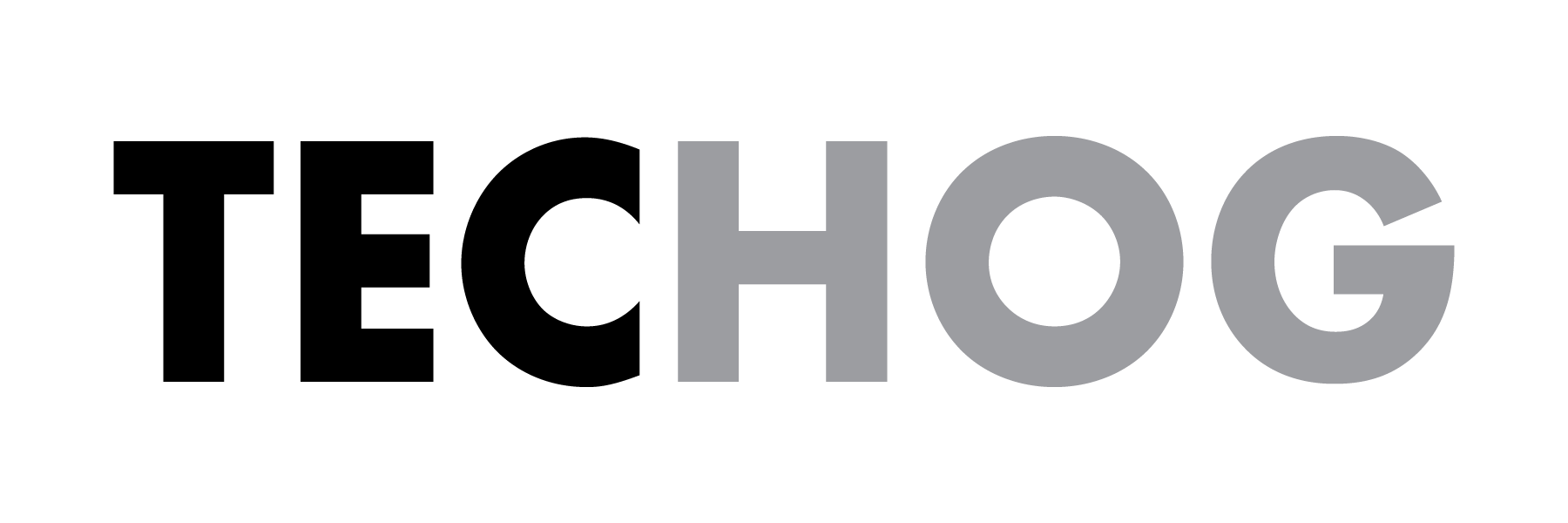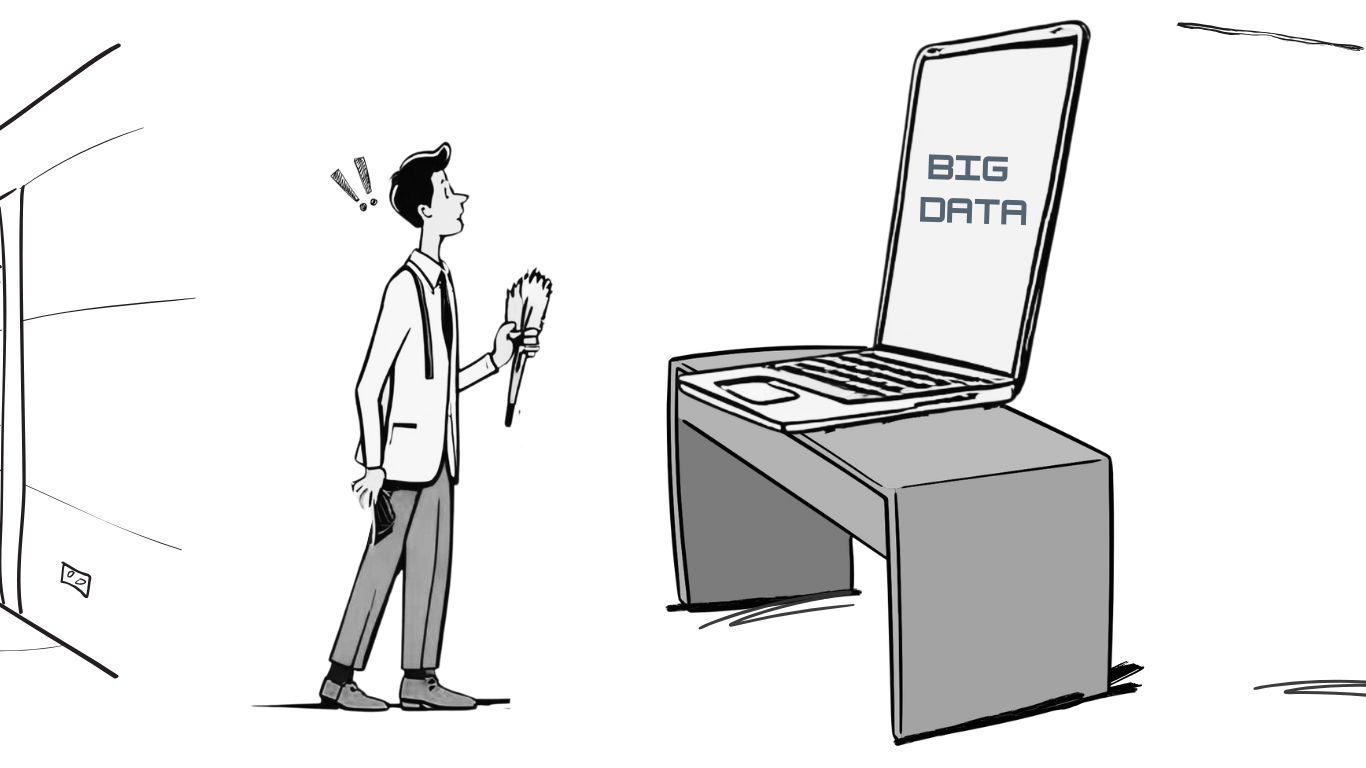Maximize sales success with clean Salesforce data and targeted insights

Salesforce can sometimes feel like a chore, but what if I told you that great data could help your sales team close more deals? Data hygiene, which means keeping your data accurate and up-to-date, is critical for the success of sales teams using Salesforce. In this blog post, we’ll explore common problems faced by sales teams, how data improves performance, and practical solutions to achieve better data quality.
Common Examples of Bad Salesforce Data
Let’s begin by exploring common Data Hygiene issues.
Duplicate Records:
How many times have you come across two identical contacts in the system? What about duplicate Opportunities that shouldn’t be part of your forecast? Duplicate customer records can lead to inaccurate reporting, miscommunication, and wasted resources.
Incomplete or Outdated Information:
Have you ever called a prospect multiple times, only to find out later that they left the company six months ago? Dealing with incomplete or outdated details can be a frustrating experience. In some cases, this can lower your chances of closing deals and result in lost opportunities.
Inaccurate Data Entry:
Simple errors like wrong contact information can lead to failed sales follow-ups and disrupt the sales process. Don’t let a small typo or data entry cost you valuable deals.
How Great Data Hygiene Brings in More Deals
Having good data hygiene can significantly impact your sales team’s performance and boost overall success.
#1 Larger Pipeline: Uncover Hidden Opportunities
Salesforce data can be a treasure map to a trove of hidden opportunities for your sales pipeline.
Champion Relocation: Imagine one of your most loyal customers is going through organizational changes, and your main champion moves to a different company. This can be a great source of generating new opportunities. With enriched data, you’ll be alerted to such changes, enabling you to reconnect and potentially extend your reach within the new organization.
Reviving Disqualified Opportunities: Sometimes, opportunities are disqualified or set aside due to factors like timeline or budget constraints. Such circumstances change over time. With good data hygiene, you can keep track of these opportunities and follow up in a timely fashion. Knowing the context of a previously disqualified opportunity can create a chance to re-engage and close the deal.
#2 Higher Conversion Rates: Targeting the Right Prospects
Improving data quality empowers you to analyze and segment your prospects effectively. Identify promising leads and prioritize your efforts on high-potential opportunities, leading to higher conversion rates.
Segmentation for Personalization: Great data allows you to segment your prospects based on various criteria, such as demographics, industry, and past interactions. This segmentation enables your sales team to personalize their approach and present offers that align with the prospect’s needs. As a result, prospects feel valued, understood, and are more likely to convert into satisfied customers.
Data-Driven Decision Making: Develop sales strategies supported by data. By analyzing trends and patterns in Salesforce, you can identify the most successful sales tactics, optimize your sales processes, and allocate resources to the most lucrative opportunities.
#3 Increased Productivity: Focus on Selling, Not Searching
With clean data, sales reps can spend more time doing what they do best – selling. They can focus on building meaningful relationships with prospects and customers rather than getting bogged down by data-related issues.
Efficient Lead Management: When your database is free from duplicates and outdated information, sales reps can quickly find the right contacts and relevant data. This efficiency reduces the time spent searching for information and increases the time spent engaging with potential customers, ultimately driving higher sales productivity.
Streamlined Sales Processes: With automated data validation and accurate data entry, the sales team can trust the data they work with. This confidence enables them to move smoothly through the sales process without the fear of relying on unreliable data.
#4 Better Customer Relationships: Trust and Professionalism
Ensuring data hygiene is not just about maintaining a clean database. It also impacts the way your sales team interacts with customers, fostering trust and professionalism.
Building Trust and Loyalty: When your sales team maintains accurate customer data, it demonstrates professionalism and attention to detail. Customers appreciate feeling important and dealing with a company that consistently provides a seamless experience, nurturing trust and loyalty.
Clawback Prevention: Clean data prevents embarrassing moments caused by sending the wrong information. For instance, failing to hand off important requirements addressed by a prospect can be a turn-off and potentially result in a failure to launch. Capturing and communicating this data effectively ensures prevents such mishaps.
Solving Data Hygiene Problems
To achieve better data hygiene, consider implementing the following solutions:
Data Validation and Automation:
Start by identifying fields that should remain consistent. To do this, run reports in Salesforce with fields that you care about. Are you noticing any incomplete data? Create validation rules to make sure all information is collected
Create flows to automate data entry tasks to reduce manual errors and save time for your sales team.
Integrate Salesforce to your tech stack. Automate the flow of data.
Tip #1. Try consolidating Validation Rules to one per stage. This helps with troubleshooting and ensures important data is tracked. Don’t let human error be an option.

Automated Data Cleansing and Deduplication:
Clean your database and remove duplicate records to maintain a streamlined and efficient database. Export the data for backup.
Consider using duplicate rules and talk to your internal Salesforce team to explore suitable tools that can assist in this process.
Browse for 3rd party tools. There are free options available on AppExchange as well as paid, powerful tools.
Tip #2. When going through a deduplication project, start by preventing any new duplicates from creating. Make duplicate rules tighter and block users from creating duplicate records.

User Training and Adoption:
Have help text available for each field for clarity
Make the page layout easy to navigate to improve adoption
Host regular training and provide clear documentation. Encourage best practices and establish policies to maintain data quality.
Tip #3. Limit how Sales reps can interact with Salesforce. As a starter, make important fields read-only and prevent Opportunities from creating out of thin air.
Conclusion
Salesforce data is the foundation of success for sales teams, and it shouldn’t be taken lightly. By addressing common data hygiene problems and adopting practical solutions, businesses can strategize toward important metrics like growth, scalability, and productivity.
If you are ready to take the first step toward clean and accurate data, speak to us! Let us help you optimize your Salesforce instance and implement data hygiene best practices. Click here to schedule your free consultation and discover the power of clean data in driving sales excellence. Act now and transform your Salesforce experience!





